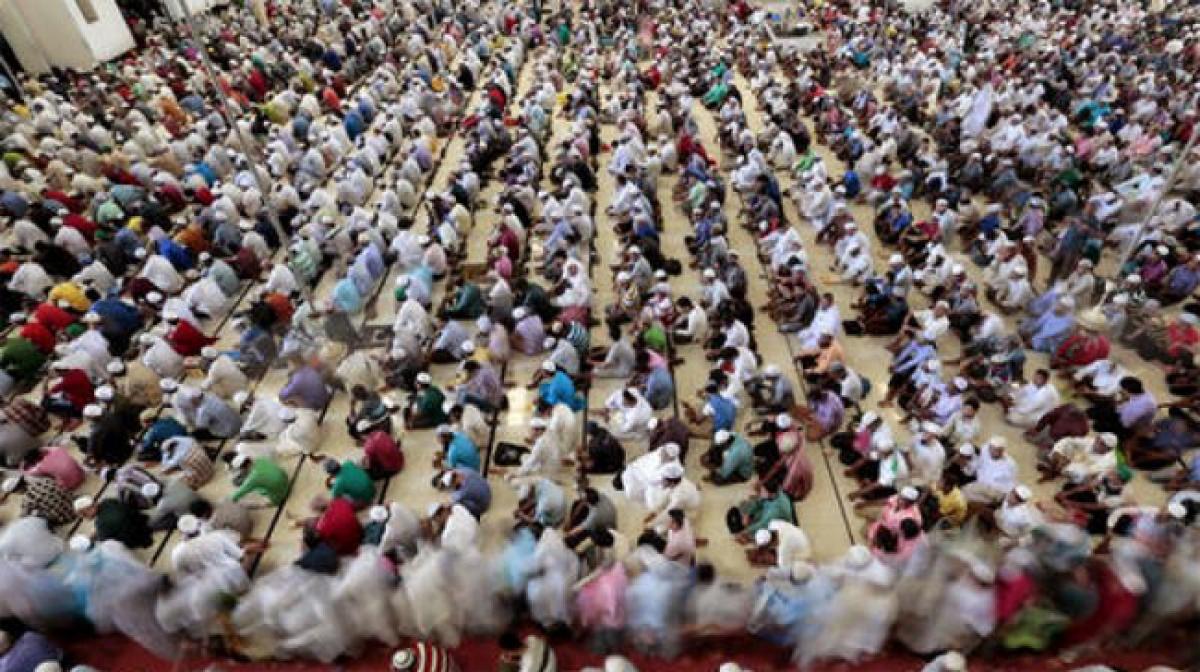Live
- Maha polls: BJP hurls questions at INDIA bloc amid Ulema Board's conditional support to MVA
- Regional rural banks must empower MSMEs via flagship govt schemes: FM Sitharaman
- Jemimah Rodrigues credits backing from Brisbane Heat teammates for classy 61-run knock
- Stalin in Virudhunagar district as part of statewide tour to monitor govt schemes
- BJP's politics of development immensely benefitted Muslims in last 10 years: Sarbananda Sonowal
- BRIC to drive research synergy, transform power of science, tech & innovation: Centre
- Train services remain disrupted in some NE states due to railway track damage
- ISL 2024-25: Chennaiyin FC, Mumbai City share spoils in milestone 1000th league game
- Keshav Chandra takes oath as NDMC chairman
- India's coal production from captive, commercial mines crosses 100 MT









